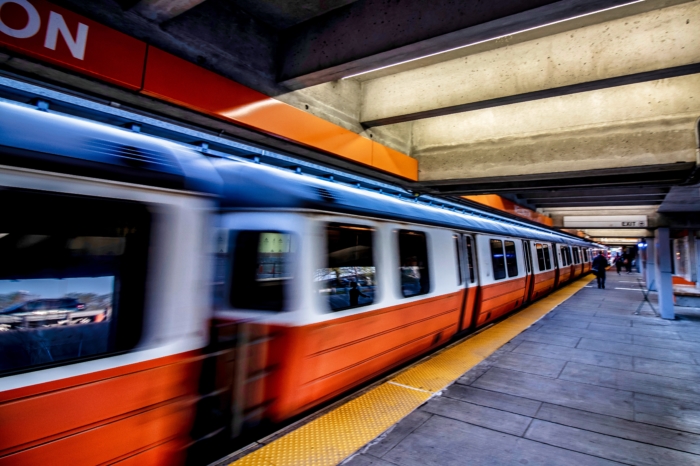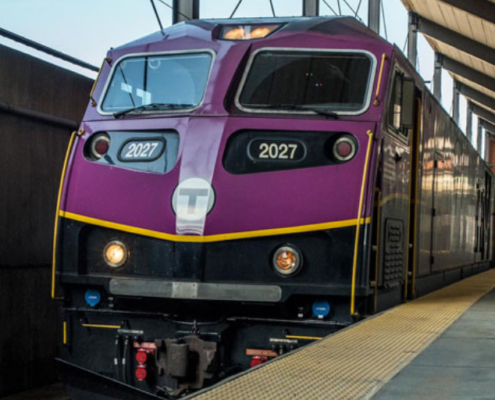Pioneer Institute Statement on MBTA Service Cuts
Even as MBTA ridership and revenue have been gutted by the COVID-19 pandemic, the system remains a lifeline for so many residents in the Greater Boston area. That is especially so for those working in essential services like health care or in industries most impacted by the pandemic such as the restaurant sector. Facing a crisis of this magnitude, before reflexively making cuts, T leadership must first do its utmost to rethink how it delivers services.
Right now there is too much emphasis on eliminating bus lines that have low ridership but are critical to low-income residents who use them to get to and from work. Before taking such an action, wouldn’t it be reasonable to revisit opportunities to address big cost centers at the transit authority?
The fact is that the T could go a long way toward ensuring the delivery of those services if it reformed its bus maintenance operations and adapted proven contracting strategies that use smaller vehicles to this challenge.
The MBTA’s bus maintenance costs are more than double the national average. In 2015, according to the National Transit Database, the T’s bus maintenance costs were the nation’s highest. Is it so much to ask the T to procure its bus maintenance services the way the Commonwealth’s 14 Regional Transit Authorities (RTAs) do it? What the RTAs do is contract with private companies to do the work. Those who want to maintain the status quo would argue that such a change is “anti-union”? That is patently untrue: All the private firms contracting with the RTAs use union mechanics. The reason why the RTA model of contracting saves money is that the private contractors implement basic business practices like standard repair times and a functioning maintenance management software system. Cost savings for the T could be more than $40 million.
While saving on bus maintenance, the T could also change the way it provides services on these low-ridership routes. For example, it could contract operations out to companies that could run much smaller vehicles — and which are far less expensive to operate than standard MBTA 40-foot buses.
The T knows how to do this. The authority already runs a number of contracted bus routes, and their hourly cost to deliver the service is about half of standard T bus operation costs. And, as a recent study by the Chaddick Institute for Metropolitan Development noted, the MBTA is a national leader in providing on-demand paratransit services, which are contracted out and use variously sized vehicles. The Chaddick Institute points out that the average cost per trip for its Uber and Lyft paratransit pilot ($9.07) is significantly lower than the cost for traditional paratransit service ($52). Customer satisfaction is dramatically higher and the move to work with contractors has allowed the T to maintain the service without cuts.
These recommendations are hardly a call for unbridled privatization at the MBTA. They are the simple application of proven strategies used by the T itself and by the RTAs across Massachusetts. Drawn from experience, they are common sense.
And common sense could keep the services going, without cuts, especially for those most in need. Given the depth of the challenge presented by the COVID-19 pandemic, we believe these options should be fully vetted.
Pioneer’s mission is to develop and communicate dynamic ideas that advance prosperity and a vibrant civic life in Massachusetts and beyond.
Pioneer’s vision of success is a state and nation where our people can prosper and our society thrive because we enjoy world-class options in education, healthcare, transportation and economic opportunity, and where our government is limited, accountable and transparent.
Pioneer values an America where our citizenry is well-educated and willing to test our beliefs based on facts and the free exchange of ideas, and committed to liberty, personal responsibility, and free enterprise.
Get Updates on Our Transportation Research
Related Posts













